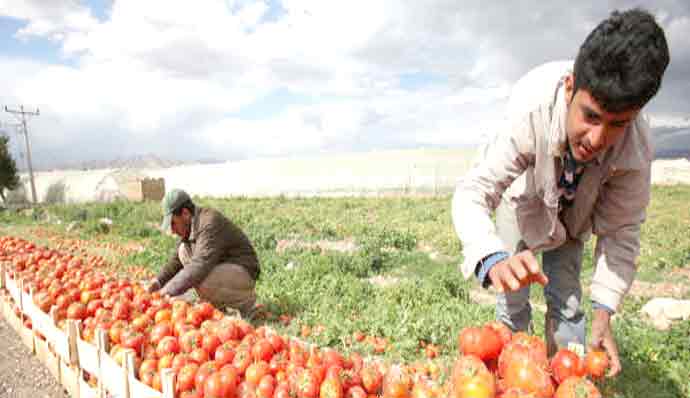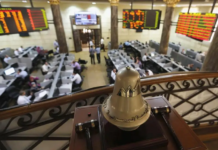Manufacturers await the unified food & safety law
The Egyptian government is exerting its efforts by cooperating with business institutions and food industries’ exporters in order to boost exports. The General Organisation for Export & Import Control is the official body to represent the government in its cooperation with private bodies to boost local market investments and promote exports.
Mahmoud Bazan, member of Food Export Council, said that the council is mainly focusing on entering new markets in Africa, Russia and America. This is necessary to increase the Egyptian exports and make up for the loss of significant markets over the past two years such as Syria, Libya and Yemen.Furthermore, the council is setting a new strategy to define which sectors need local manufacturers’ attention over the next 5 years, Bazan stated to “MEO”. Increasing exports would help neighboring markets and satisfy their needs. Thus benefit from free trade deals have been made between Egypt and the EU countries, in addition to the Common Market for Eastern and Southern Africa COMESA.
Egypt’s food industries sector is capable of attracting new investments, especially with raw materials that companies need to manufacture jam and juice. These raw materials are available in Egypt at competitive prices. Bazan added that Egypt has a competitive advantage in exporting to surrounding markets; global companies and execute their expansion plans, making Egypt their exports centre. Fruits and vegetables are on the top of commodities that boost Egypt’s exports. “The government is trying to counter unofficial markets and increase food exports through the General Organisation for Export & Import Control”, said Ahmed Fandy, Chairman of Food Council at the Egyptian Junior Business Association.
Egyptian exports started to increase after they have been influenced by the political situation that resulted in holding exports to the Arab region. At the moment, Egypt exports to Libya but the government need to increase exports in order to solve the dollar crisis. It is worthy of note that Egyptian exporters have only 10 per cent of their foreign currencies (dollars), Fandy said.
Fandy suggest that new incentives should be presented to support exports, especially exports with local added value and Egyptian materials input. In addition, industrial developers have to be motivated and an industrial area should be established for food industries with a suitable infrastructure and buildings.
Food Council cooperates with the Chamber of Food Industries to evaluate what has been implemented concerning the unified food safety law for Egyptian Food Safety Authority. This law is expected to be of great significance for manufacturers and will increase the demand for Egyptian products which will finally boost exports and foreign currencies flow.














